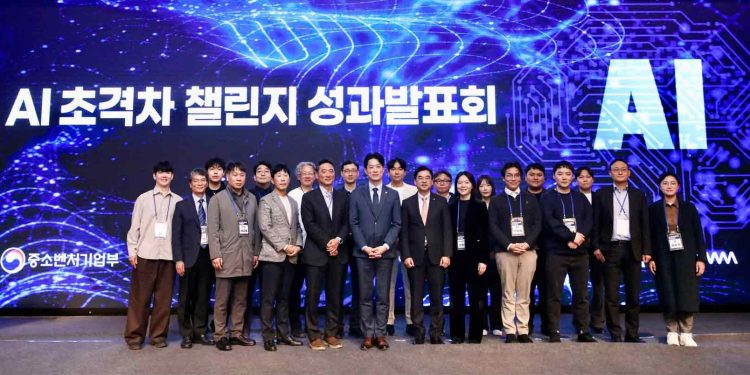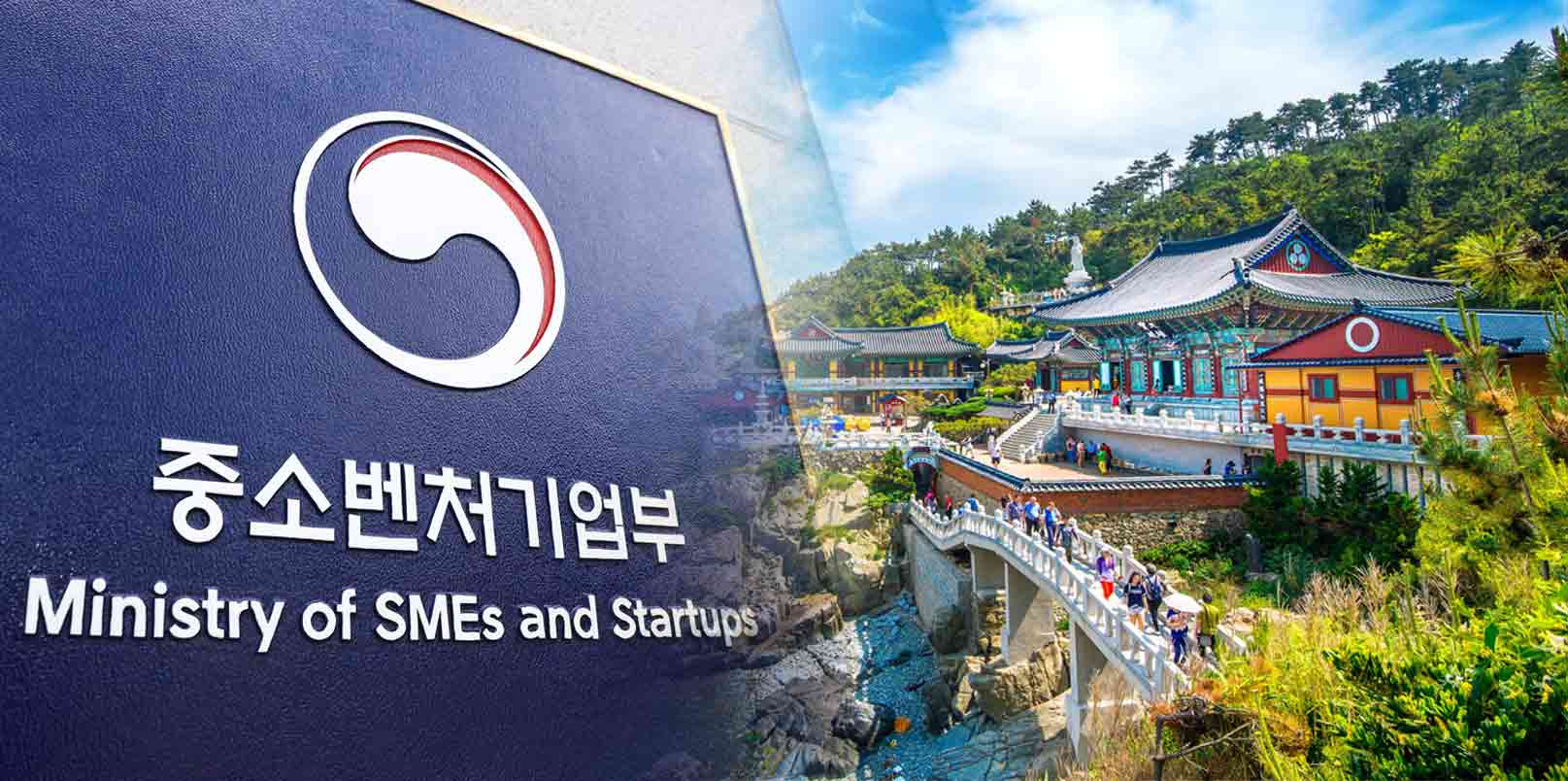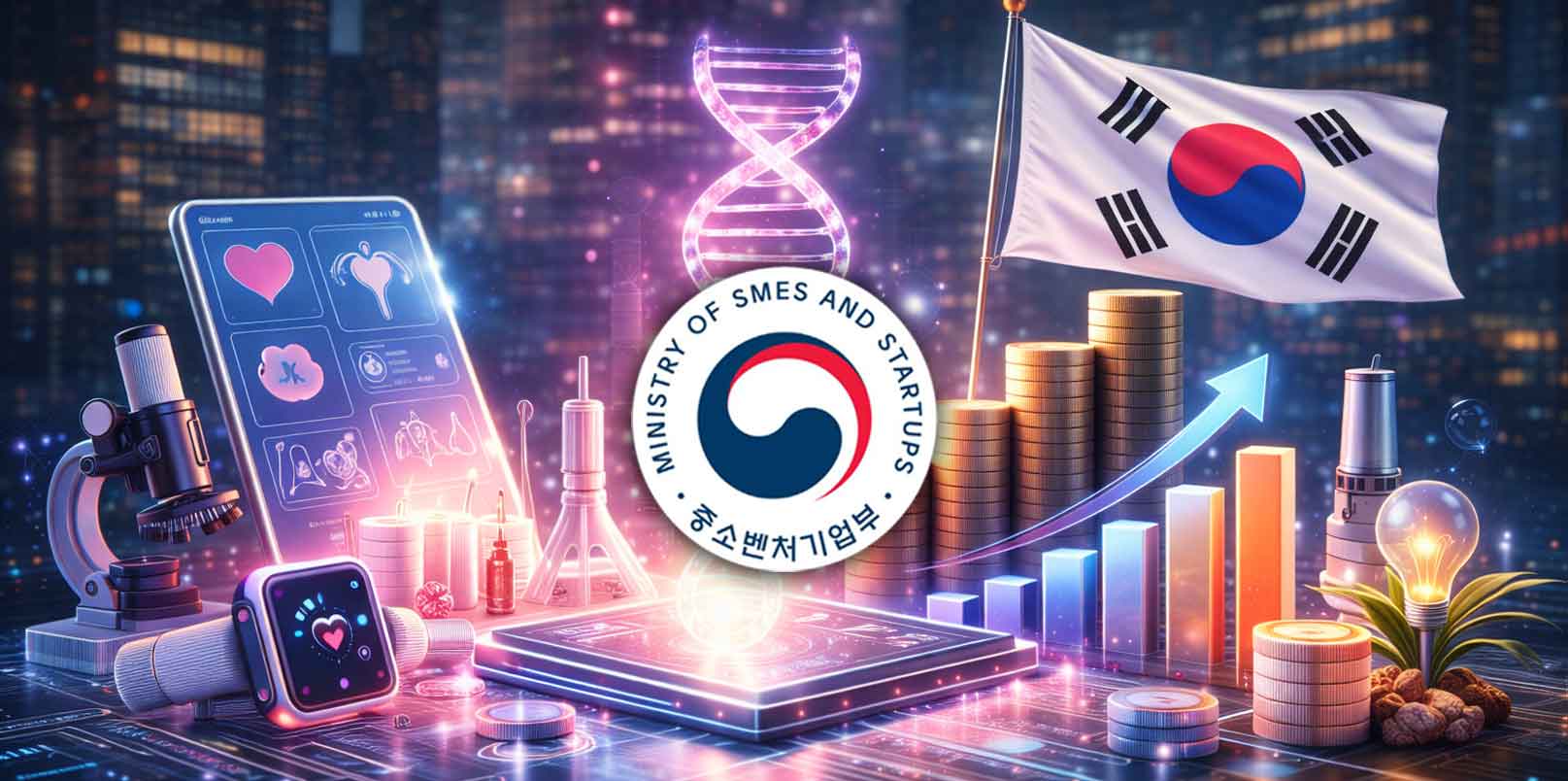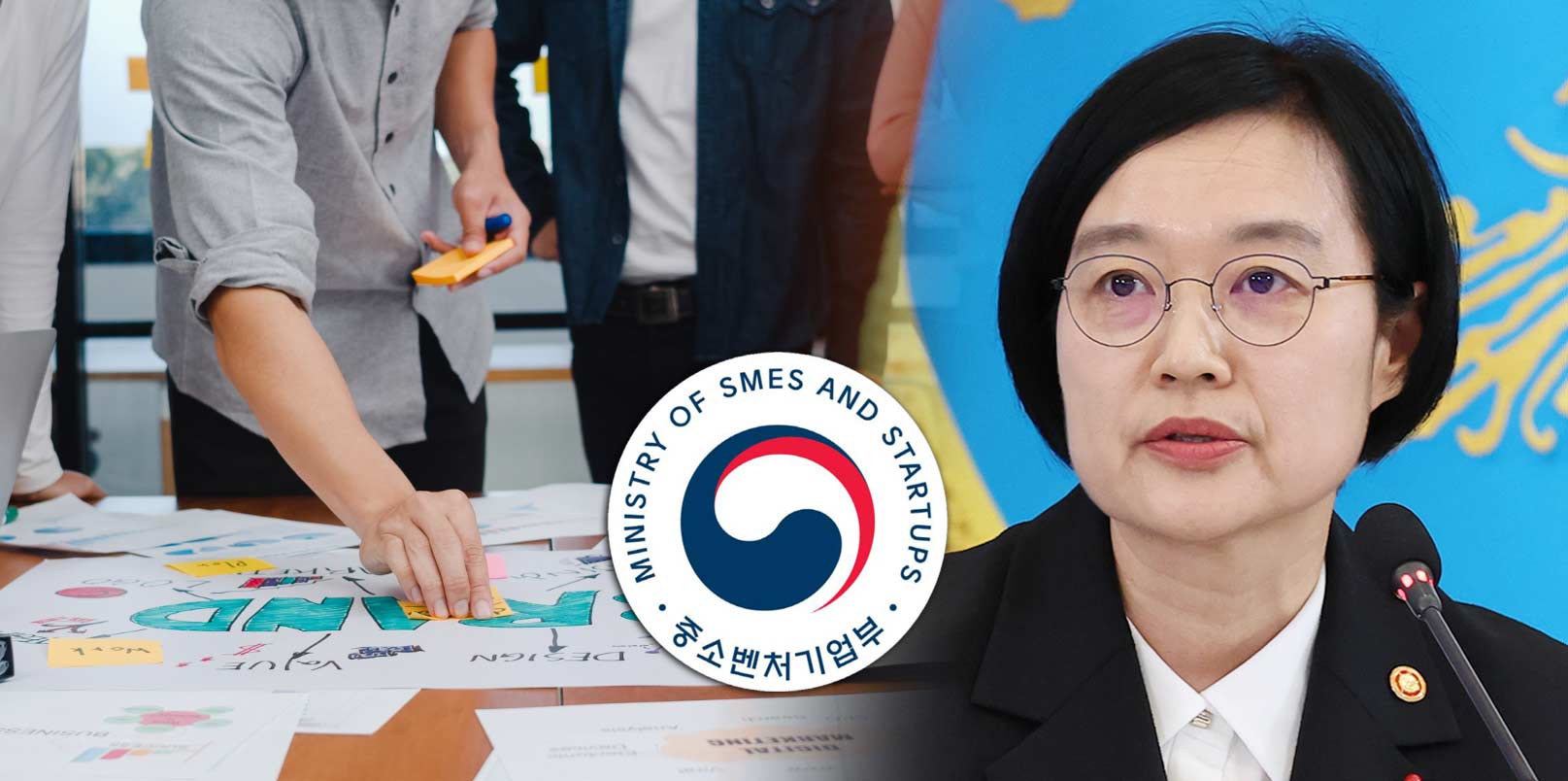Global corporations are deepening their trust in Korea’s startup ecosystem, and it’s not through investment alone, but through shared innovation. The country’s latest AI Super-Gap Challenge has drawn LG Electronics, Qualcomm, and a new wave of deep-tech founders into direct collaboration. This initiative reveals how Korea’s policy-led partnership model is turning AI research into real-world, globally scalable solutions.
Korea’s AI Super-Gap Challenge Brings Together Startups and Global Tech Leaders
The Ministry of SMEs and Startups (MSS) has unveiled new progress in its “AI Super-Gap Challenge,” a national initiative designed to link Korea’s most promising artificial intelligence startups with global technology leaders.
At the results showcase held in early November at the Conrad Seoul, LG Electronics and Qualcomm presented joint projects developed with 19 Korean startups that were selected earlier this year through an open competition with a 10:1 acceptance ratio.
The program has now entered its business implementation stage, emphasizing commercialization across on-device AI, autonomous mobility, and edge computing solutions.
Expanding Deep-Tech Collaboration Through On-Device and Vertical AI
The AI Super-Gap Challenge, jointly organized by MSS with LG Electronics and Qualcomm, connects global corporations with Korean AI startups to accelerate deep-tech commercialization.
LG Electronics continued its On-Device AI Challenge, which focuses on embedding AI functions directly into consumer electronics and smart appliances. Meanwhile, Qualcomm joined the initiative this year through the Vertical AI Challenge, which targets demand-proven fields such as autonomous driving, drones, and industrial IoT.
The event showcased the results of these partnerships, highlighting how large-scale cooperation can fast-track the transition from proof-of-concept to product integration in global markets.
Startups Turn Collaboration into Commercial Deployment
Among the 19 participating startups, three were recognized as Outstanding Projects for immediate commercialization support.
- Hudson AI will apply its AI-based automatic translation and dubbing technology to LG’s European “LG Channels,” expanding the reach of K-content globally.
- Klleon will integrate its voice and video synthesis software into LG’s digital signage CMS and co-sales initiatives.
- MindForge will embed its AI solution into the “AI Edge Box” developed by D-Tech using Qualcomm chipsets.
These collaborations are expected to translate into measurable sales performance as startups move from development to joint product rollout.
Aligning AI Innovation with Global Market Growth Through AI Super Gap Challenge
LG Electronics’ MS Business Division President Park Hyung-se noted that the program has strengthened the company’s AI capabilities across media entertainment and smart home solutions.
“This challenge helped us enhance LG’s AI competitiveness through meaningful collaboration with startups. We plan to continue these partnerships beyond the program to create shared growth opportunities.”
Meanwhile, Kim Sang-pyo, Vice President of Qualcomm Korea, emphasized the broader impact:
“This initiative connected domestic startups and partners with Qualcomm’s edge AI ecosystem across smartphones, PCs, XR, and automobiles. We proved that edge AI can now be embedded into a wide range of IoT devices.”
And eventually, MSS Vice Minister Noh Yong-seok, noted,
“The AI Super-Gap Challenge will expand into more sectors, with additional global corporate participation. Our goal is to make AI startups key players in both Korea’s economy and the international innovation ecosystem.”
AI Super-Gap Challenge: Korea’s Deep-Tech Maturity and Global Partnerships
The AI Super-Gap Challenge represents Korea’s shift from isolated startup development toward interconnected deep-tech growth. By pairing AI ventures with global corporates, MSS is shaping a co-creation model where startups gain commercialization channels and global players access local innovation pipelines.
It also signals the government’s intent to use strategic partnerships, not subsidies alone, to strengthen Korea’s AI manufacturing and smart-device industries—a crucial step as the country moves towards its ambition to become one of world’s top 3 AI powerhouses.
The collaboration between public and private sectors in this program reflects an ecosystem increasingly focused on applied AI, bridging academic research, industrial R&D, and startup agility.
Entering a Global Phase in Korea’s Deep-Tech Policy
Korea’s AI Super-Gap Challenge demonstrates how targeted cooperation between ministries, global corporations, and startups can close the commercialization gap in AI. For global investors and ecosystem observers, it offers a real-world example of how policy-driven open innovation can produce measurable industrial outcomes.
As the program expands, its model—public coordination, corporate validation, and startup execution—could redefine how Asia approaches deep-tech acceleration in the coming decade.
– Stay Ahead in Korea’s Startup Scene –
Get real-time insights, funding updates, and policy shifts shaping Korea’s innovation ecosystem.
➡️ Follow KoreaTechDesk on LinkedIn, X (Twitter), Threads, Bluesky, Telegram, Facebook, and WhatsApp Channel.





